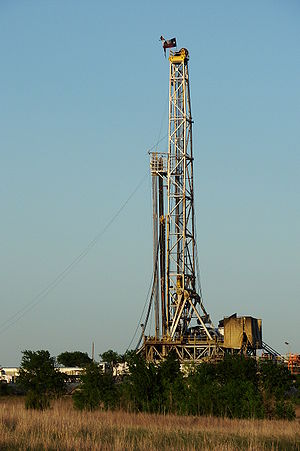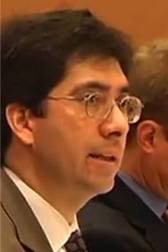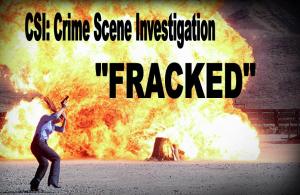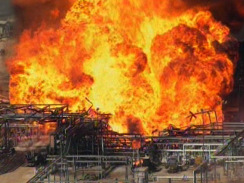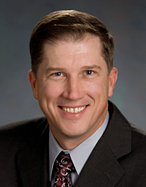I hope you’re going to have a great Oscar night, and while we may all have our favorites for best picture (True Grit was my favorite, but I think The Social Network and The King’s Speech are also very deserving), this year we have one of the most important issues of our time as the subject of one of the nominees for best documentary.
In Gasland, director Josh Fox travels across America to learn about the effects of hydraulic fracturing, or fracking, as a method to drill for natural gas. Despite the rhetoric about how clean natural gas is compared to other fossil fuels (kind of like saying it’s the least ugly stepsister), fracking is causing major problems across the US.
One of our favorite local bloggers in Texas, TXSharon, has been documenting these same problems living on top of the Barnett Shale. We don’t have a clip we can embed from Gasland, but I’ll use this as a placeholder:
Fox’s filmmaking is beautiful, frightening, humorous where possible, wry, and dismally depressing all at the same time. But he educates you on this terrible problem seeping up from the ground, and he makes you a little bit hopeful that we can find ways to get energy that don’t destroy our water supplies. That don’t ruin suburban neighborhoods or productive farmland.
And ultimately why it should win is because it’s fairly obvious the truth it is telling is far too dangerous to those who profit from fracking with our water. The natural gas industry has been on a months-long crusade to try to discredit Gasland, even going so far as to try to get it declared ineligible to receive the award, and if Hollywood bows to the pressure it will be an even worse tragedy than allowing them to censor The King’s Speech so it can get a PG-13 rating.
Also, Id like to see it win because it features my favorite EPA Regional Administrator, Dr. Al Armendariz, talking about his research about how the drilling from the Barnett Shale in suburban Ft Worth is creating more pollution than all of the cars and trucks in the Dallas/Ft Worth area combined. It also features Cal Tillman, the mayor of the little town of Dish, TX, who recently sold his home in Dish because of health problems his family was having from the drilling. He made the new buyer watch Gasland before they bought the house. These real, but amazing, subjects in the documentary are folks I’m proud to rub shoulders with here in Texas.
Enjoy the Academy Awards, hopefully surrounded by some good, geeky friends and family. And even if “Exit Through the Gift Shop” wins for best documentary, make sure you see Gasland as soon as possible.
Cross-posted at BigShinyRobot.com where I occasionally blog about geeky stuff under the pseudonym CitizenBot
